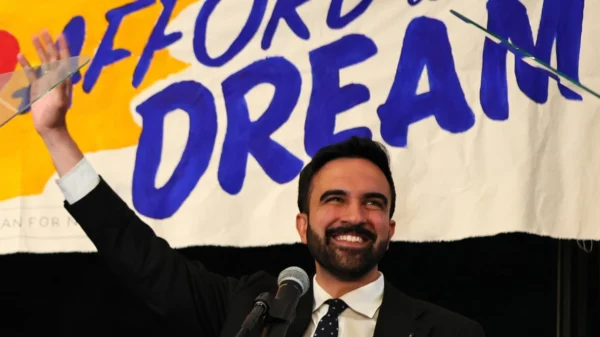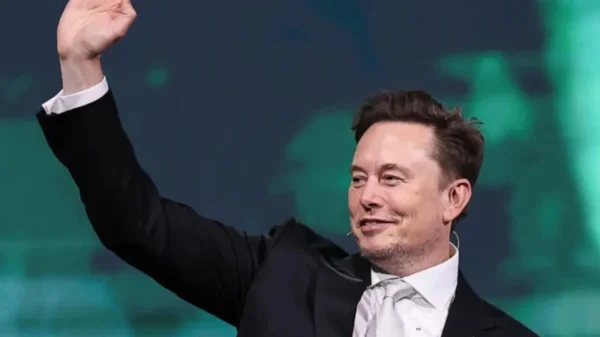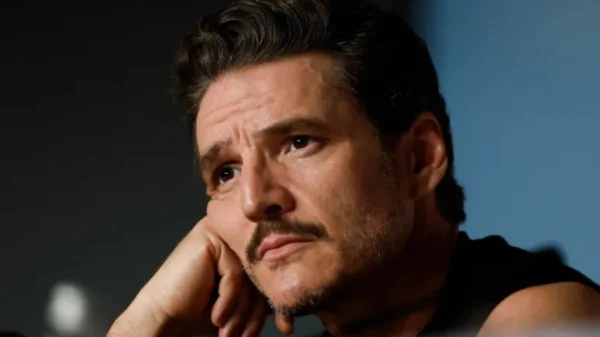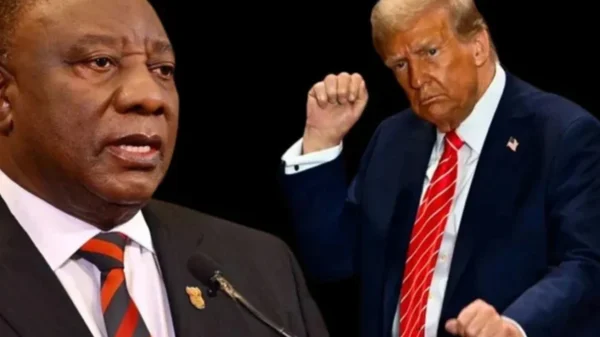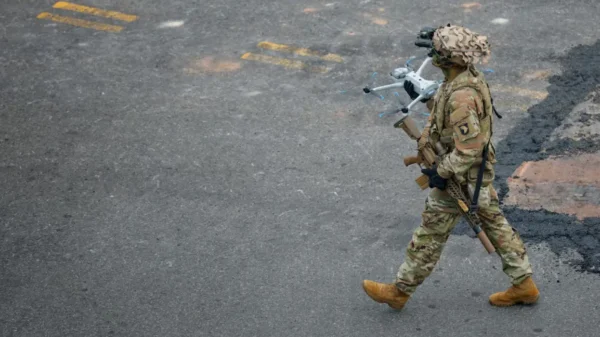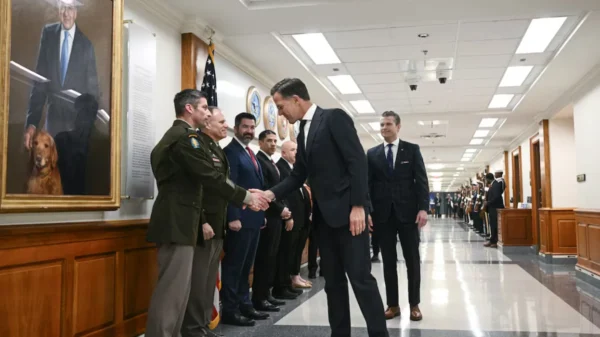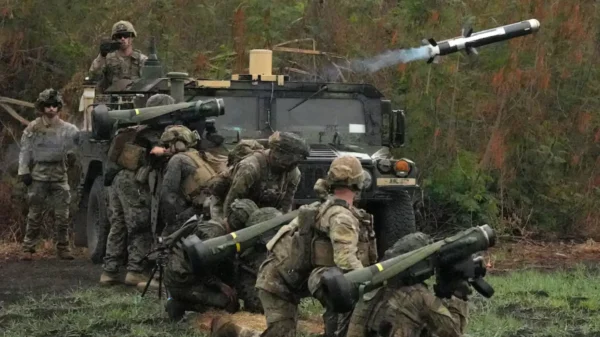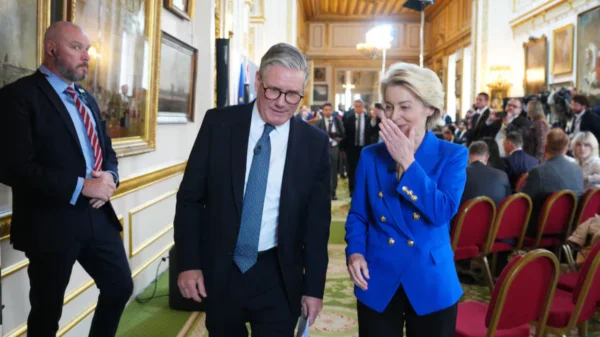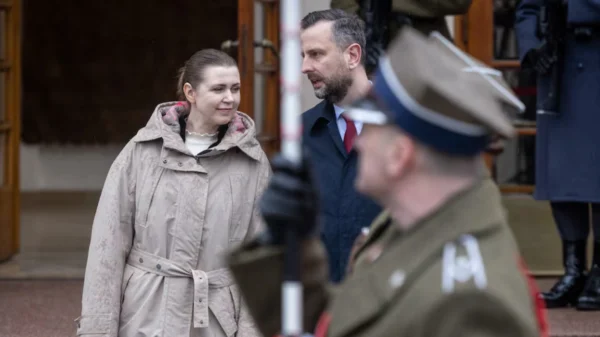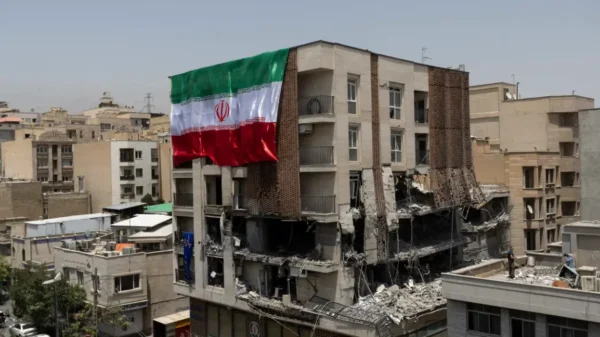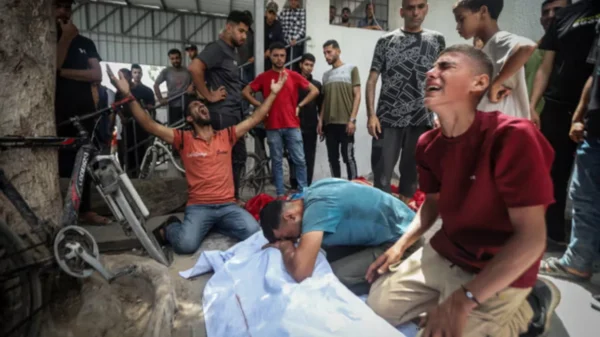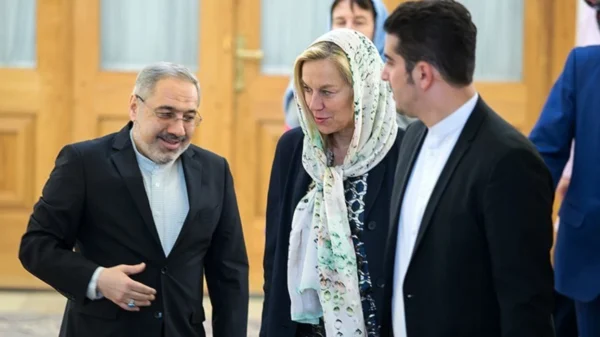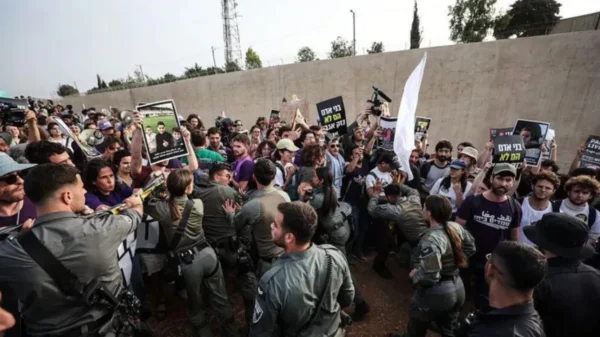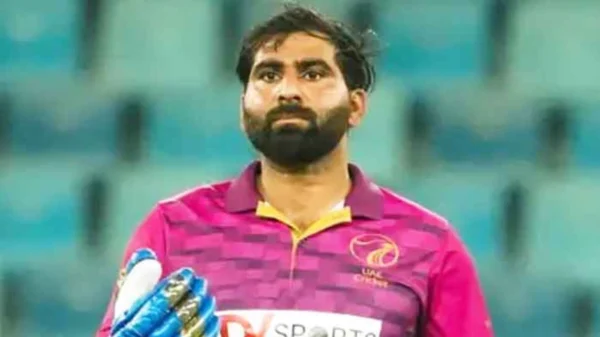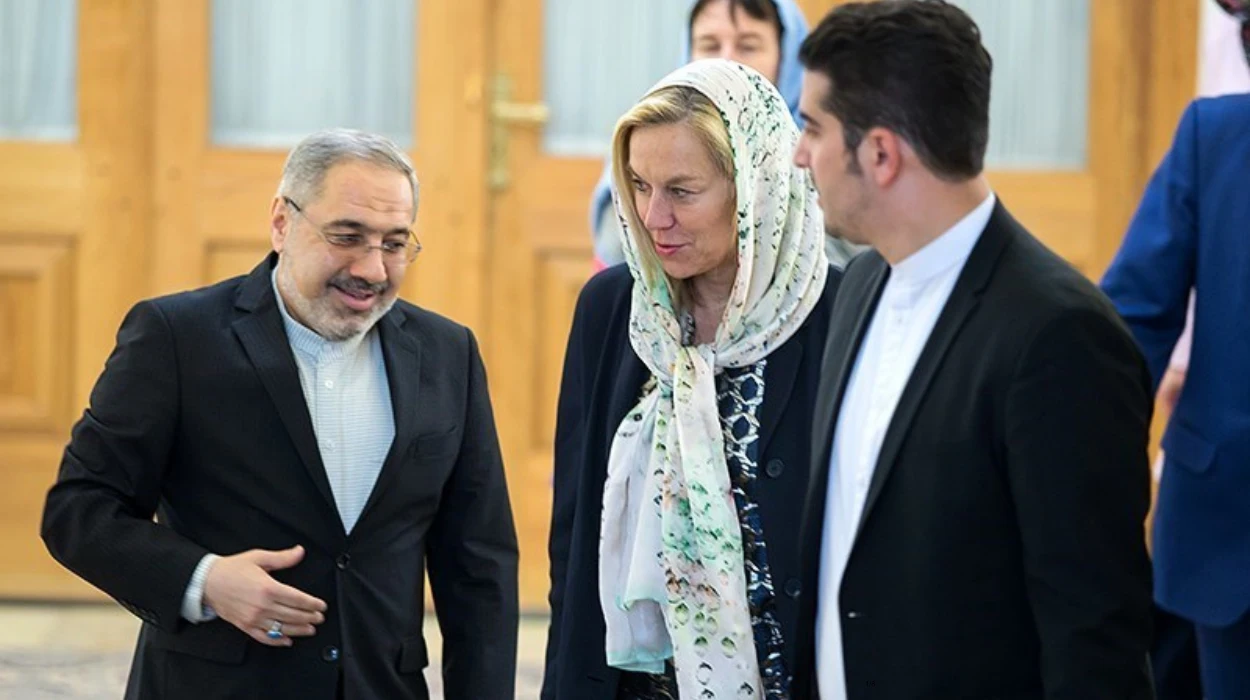The United Nations’ Middle East envoy has issued a stark warning about the humanitarian catastrophe unfolding in Gaza, describing the territory as being at a “breaking point.” The envoy called urgently for an immediate ceasefire and unimpeded humanitarian aid access to prevent further loss of civilian life amid the ongoing conflict between Israel and Hamas.
Gaza’s Humanitarian Crisis: A Region on the Brink
The Gaza Strip, home to over two million Palestinians, has been devastated by months of conflict and blockade. The UN envoy highlighted that the population is enduring severe shortages of food, water, fuel, and medical supplies, with critical infrastructure damaged or destroyed.
“The people of Gaza are suffering unimaginable hardship,”
the UN official stated, emphasizing that hospitals are overwhelmed, electricity is scarce, and essential services are collapsing. The envoy warned that without urgent intervention, the humanitarian situation will deteriorate further, risking a full-scale humanitarian disaster.
The blockade imposed by Israel, combined with ongoing hostilities, has severely restricted the flow of aid into Gaza. While some humanitarian convoys have been allowed in, the volume remains insufficient to meet the population’s basic needs.
Calls for an Immediate Ceasefire
The UN envoy reiterated the urgent need for a ceasefire to halt the violence and allow humanitarian operations to proceed safely. The envoy stressed that a cessation of hostilities is essential not only to save lives but also to create conditions for political dialogue.
The call for a ceasefire aligns with international efforts led by the United States, Egypt, and Qatar, who have been mediating between Israel and Hamas to negotiate a truce. Despite multiple ceasefire proposals, including a recent plan brokered by the Trump administration, durable peace remains elusive.
“A ceasefire is the only way to stop the bloodshed and open the door to a sustainable peace,”
the envoy said, urging both parties to prioritize civilian protection and humanitarian access.
The Hostage Issue and Security Concerns
The conflict’s complexity is heightened by the ongoing hostage crisis. Hamas continues to hold Israeli civilians and soldiers captive, demanding prisoner exchanges as part of any ceasefire deal. Israel insists that any truce must include the safe release of hostages and guarantees against renewed attacks.
The UN envoy acknowledged the sensitivity of the hostage issue but emphasized that humanitarian considerations must not be overshadowed by political disputes. The envoy called on Hamas to release all hostages unconditionally and on Israel to facilitate aid deliveries without obstruction.
International Reactions and Support for Gaza
The European Union, the United Kingdom, and other international actors have echoed the UN’s calls for a ceasefire and humanitarian access. The EU has pledged over €450 million in aid since 2023, emphasizing the need to protect civilians and ensure the delivery of essential services.
The UK’s Minister for the Middle East condemned Hamas’s actions and reiterated support for efforts to secure a ceasefire and release hostages. The UK government also welcomed France and Saudi Arabia’s leadership in organizing an international conference aimed at reviving the two-state solution.
The Ongoing Ceasefire Negotiations
Since January 2025, intermittent ceasefires and prisoner exchanges have taken place, but violations and delays have hindered progress. The 2025 Gaza war ceasefire agreement included phased releases of hostages and prisoners and humanitarian provisions, but both sides have accused each other of breaching terms.
Recent ceasefire proposals, including one brokered by the Trump administration, have been met with mixed responses. Hamas has criticized the proposals for failing to meet its demands, particularly regarding the lifting of the blockade and cessation of Israeli military operations.
Israel, meanwhile, insists on security guarantees and demands that Hamas disarm and cease rocket attacks. Prime Minister Benjamin Netanyahu has stated that Israel will only accept a partial ceasefire that does not end the war entirely.
The Human Cost of the Conflict
The civilian toll in Gaza has been devastating. Thousands of Palestinians have been killed or injured, many of them women and children. Displacement is widespread, with families forced from their homes amid ongoing airstrikes and ground operations.
Hospitals and schools have been damaged or destroyed, exacerbating the crisis. Humanitarian workers have faced dangers, including attacks that have resulted in casualties, prompting calls for accountability and protection of aid personnel.
The Path Forward: Balancing Security and Humanity
The UN envoy’s warnings underscore the urgent need to balance Israel’s security concerns with the humanitarian imperative to protect Gaza’s civilian population. The international community faces the challenge of fostering dialogue while ensuring that aid reaches those in desperate need.
The envoy concluded with a plea: “We must act now to prevent further suffering. A ceasefire and humanitarian access are not just political necessities—they are moral imperatives.”
Gaza stands at a critical juncture, with its people enduring immense hardship amid ongoing conflict. The UN Middle East envoy’s urgent call for a ceasefire and unimpeded aid access highlights the dire humanitarian situation and the need for immediate international action.
As diplomatic efforts continue, the protection of civilians and the delivery of humanitarian relief must remain central to any resolution of the crisis.

